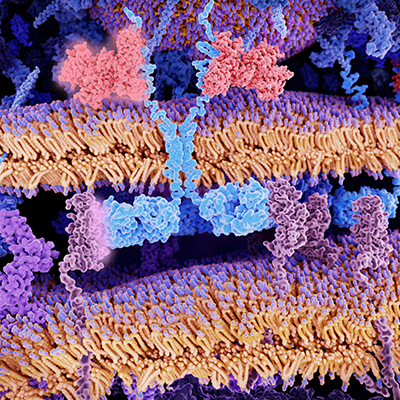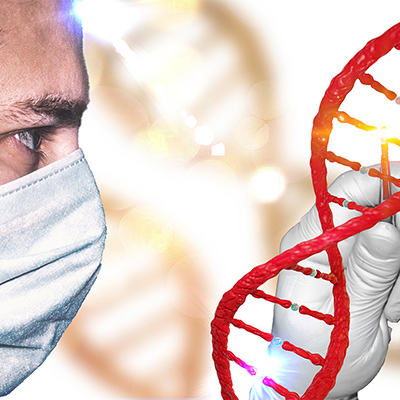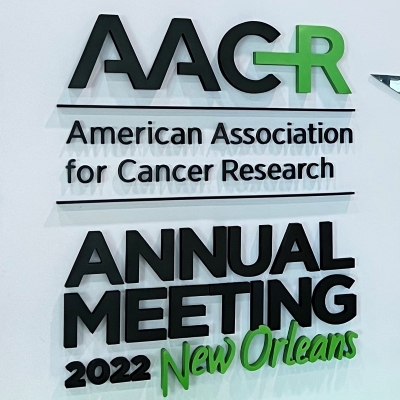October 25, 2022 -- Researchers at University Hospitals (UH) Seidman Cancer Center and their collaborators have streamlined the production of CAR T cells, a mainstay of modern immunotherapy treatment for certain cancers.
The team is among the U.S.'s first to test this manufacturing approach, according to an October 21 statement from UH.
CAR T-cell therapy allows oncologists to identify markers on the surfaces of cancer cells, then reverse-engineer a person's own normal T cells into CAR T cells that seek out the marked cells and destroy the cancer.
An estimated 25% of cancer patients slated to receive CAR T-cell therapy suffer disease progression before they can receive treatment, making quicker therapy a vital concern. Commercial supplier deliveries may currently take three weeks. The new process could potentially reduce CAR T-cell delivery to 24 hours. Further, rapidly manufactured CAR T cells appear more potent than traditionally manufactured cells.
In November 2022, the researchers will launch a phase I clinical trial of the rapidly manufactured CAR T cells in adults with relapsed or refractory non-Hodgkin's lymphoma. If successful, they plan to expand testing to patients with other cancers.
The research team's goal is to make the manufacturing process simple, inexpensive, and accessible to hospitals without advanced equipment worldwide. They are optimistic about the difference the new process could make for cancer patients.
"This will help the sickest among our lymphoma patients, who often don't have the time to wait for the lengthy manufacturing process in order to receive lifesaving CAR T therapy," UH hematology chief Dr. Koen van Besien, PhD, said in a statement.
Copyright © 2022 scienceboard.net










